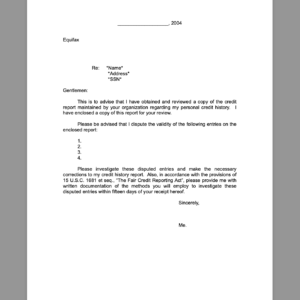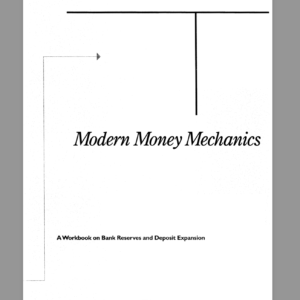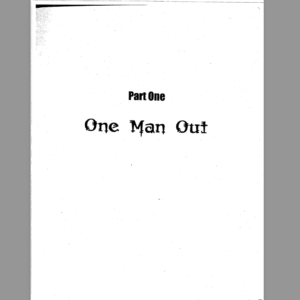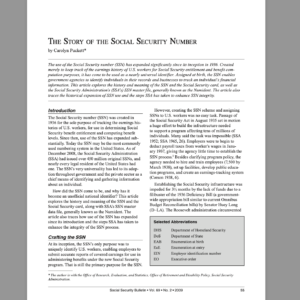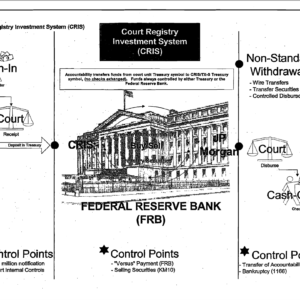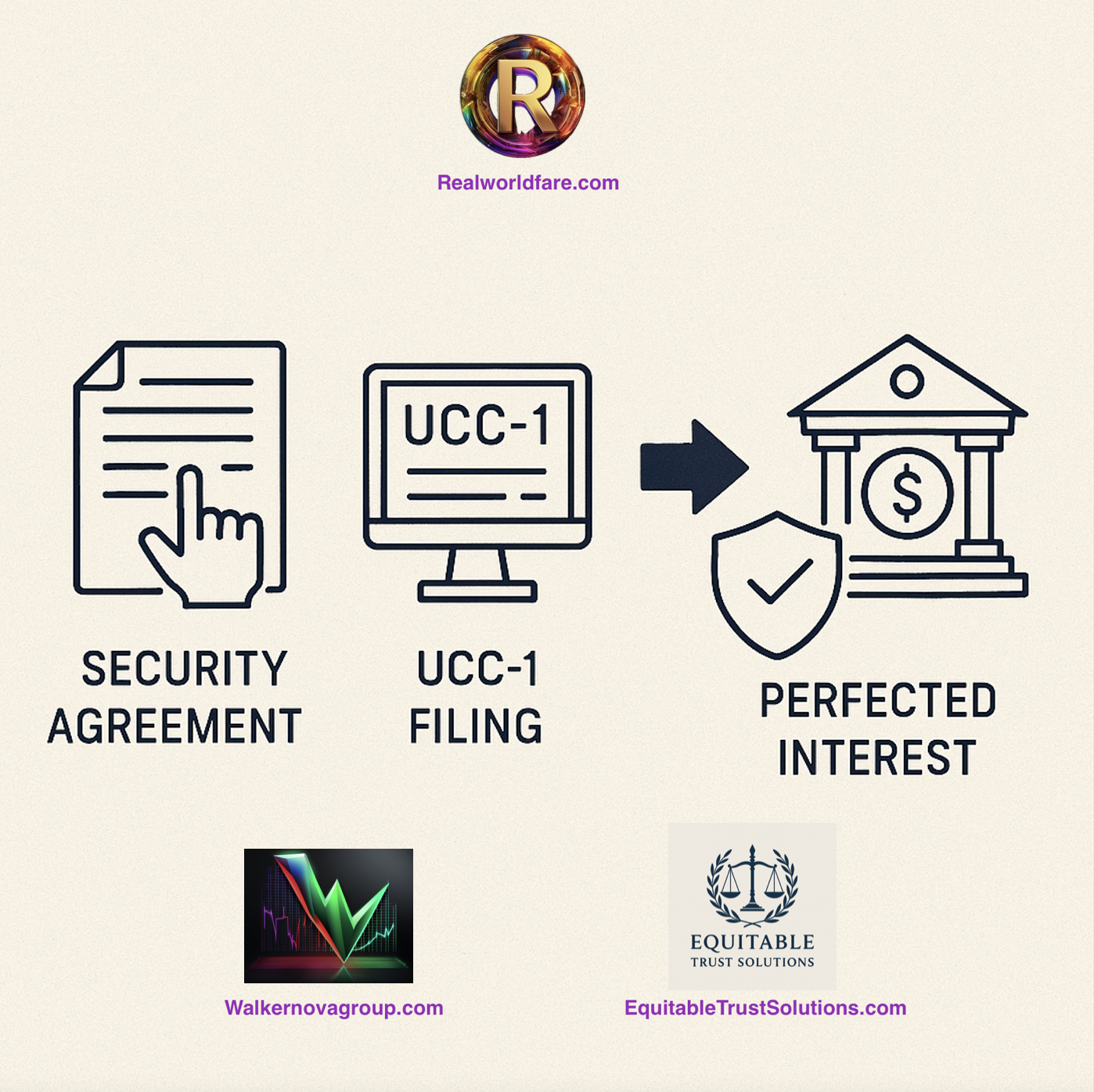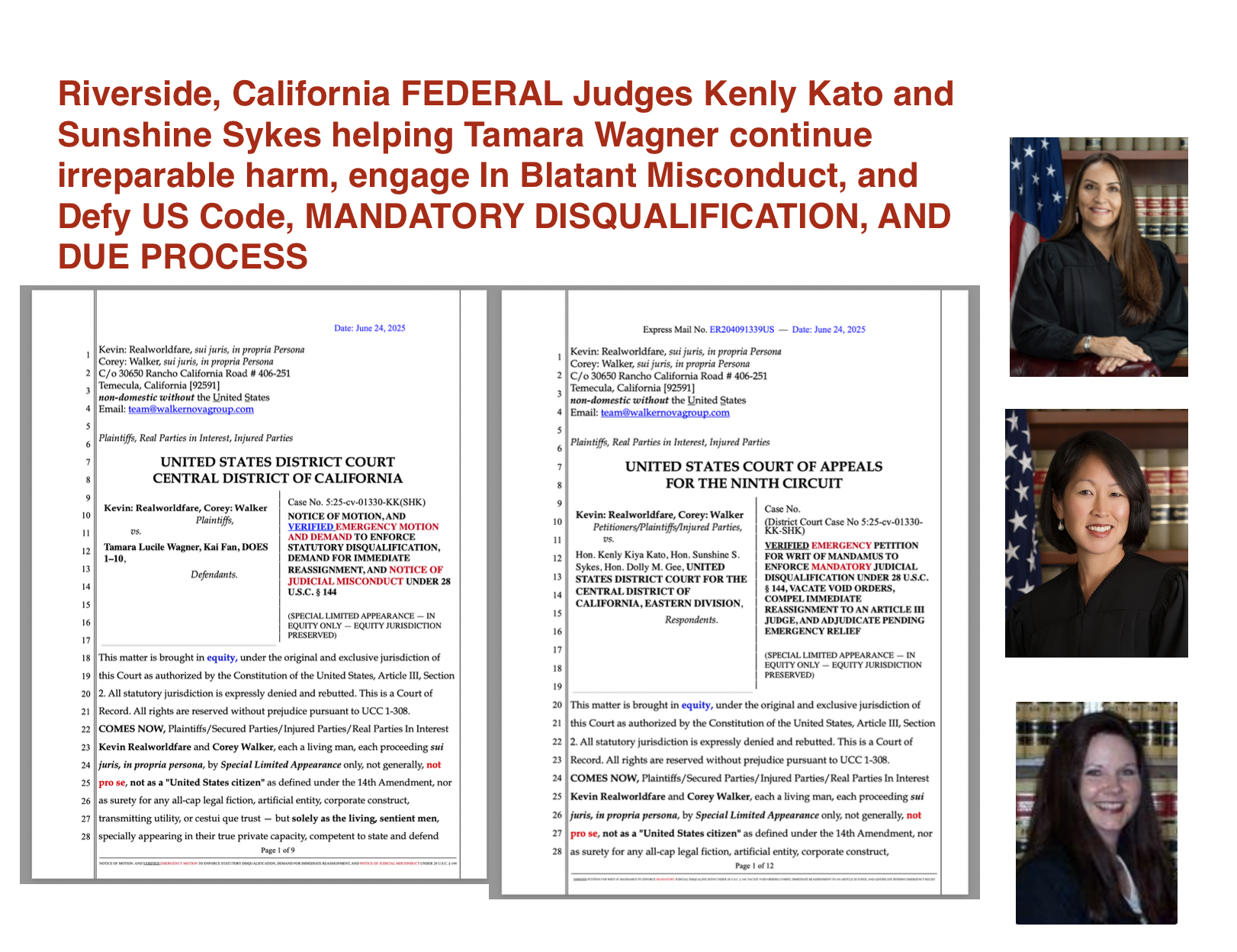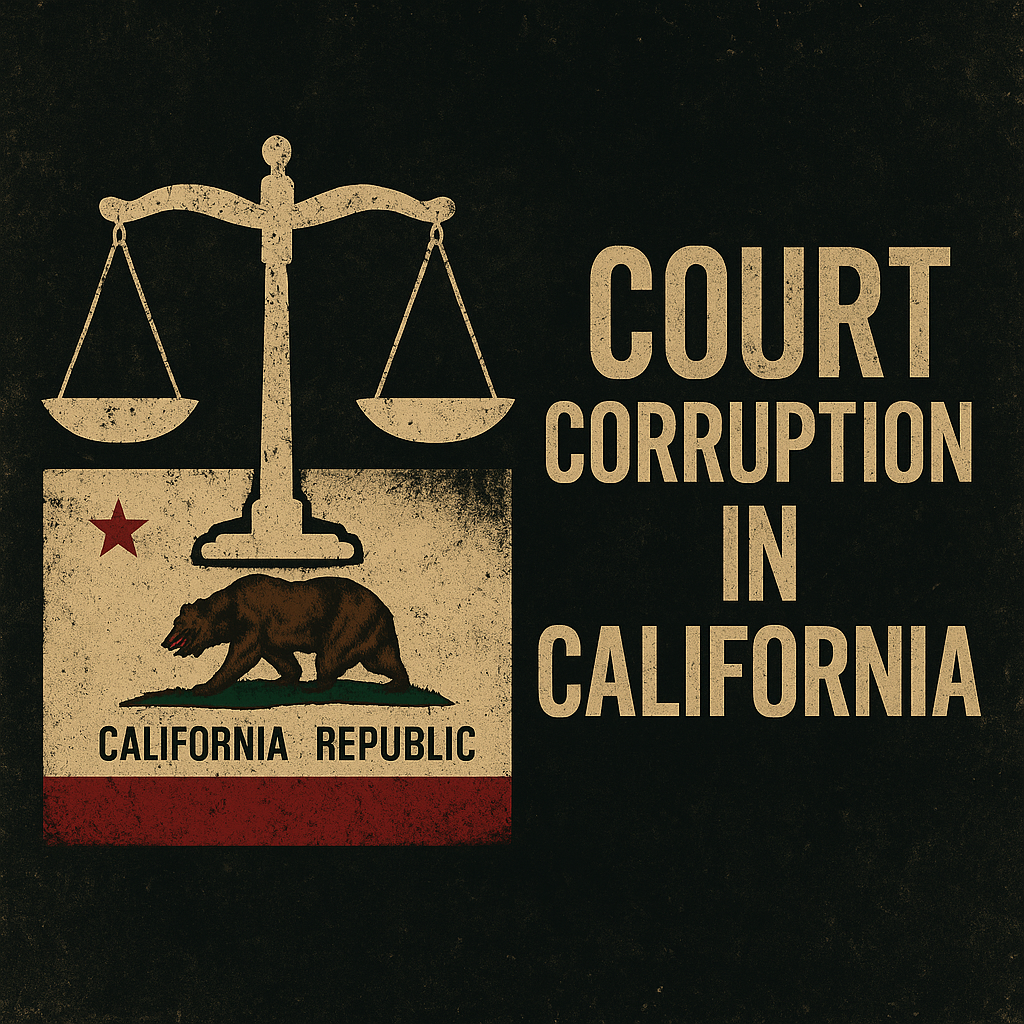Many people are being defrauded, coerced, extorted, deprived, banking incorrectly, and misunderstanding the true nature of financial obligations and the protections available to them under the law. According to 18 U.S. Code § 8, an “obligation or other security of the United States” is defined broadly, indicating that all such obligations fall under the purview and responsibility of the U.S. Treasury. This includes Federal Reserve bank notes, coupons, United States notes, Treasury notes, gold certificates, silver certificates, fractional notes, certificates of deposit, bills, checks, or drafts for money. This has profound implications for how we understand debts and bills.
When you delve into the Uniform Commercial Code (UCC), specifically UCC § 3-603 and UCC § 3-311, and consider House Joint Resolution 192 of 1933 (Public Law 73-10), it becomes clear that many people are being “deprived under the color of law.” These legal frameworks reveal that financial obligations (bills) are essentially discharged. House Joint Resolution 192, passed during the Great Depression, declared that debts could be settled by the government to alleviate financial burdens on the public, and it specifically states “you cannot demand payment in a particular coin or currency.” This historical context shows that the traditional view of debt repayment is fundamentally flawed.
Additionally, the Buck Act of 1940 plays a significant role in this context. The Buck Act allowed the federal government to extend its jurisdiction into what would traditionally be considered state territories, effectively creating federal “territories” within states. This jurisdictional shift means that individuals living in these areas are subject to federal laws and taxes, further complicating their financial and legal standing.
Key Legal Points:
– 18 U.S. Code § 8: This statute defines all financial obligations as being the responsibility of the U.S. Treasury, highlighting the government’s role in managing debt. This includes Federal Reserve bank notes, coupons, United States notes, Treasury notes, gold certificates, silver certificates, fractional notes, certificates of deposit, bills, checks, or drafts for money.
“The term “obligation or other security of the United States” includes all bonds, certificates of indebtedness, national bank currency, Federal Reserve notes, Federal Reserve bank notes, coupons, United States notes, Treasury notes, gold certificates, silver certificates, fractional notes, certificates of deposit, bills, checks, or drafts for money, drawn by or upon authorized officers of the United States, stamps and other representatives of value, of whatever denomination, issued under any Act of Congress, and canceled United States stamps.”
– UCC 3-603: This section addresses the tender of payment, explaining that if payment is offered and refused, the obligation is considered discharged to the extent of the payment offered.
“(a) If tender of payment of an obligation to pay an instrument is made to a person entitled to enforce the instrument, the effect of tender is governed by principles of law applicable to tender of payment under a simple contract.
(b) If tender of payment of an obligation to pay an instrument is made to a person entitled to enforce the instrument and the tender is refused, there is discharge, to the extent of the amount of the tender, of the obligation of an indorser or accommodation party having a right of recourse with respect to the obligation to which the tender relates.
(c) If tender of payment of an amount due on an instrument is made to a person entitled to enforce the instrument, the obligation of the obligor to pay interest after the due date on the amount tendered is discharged. If presentment is required with respect to an instrument and the obligor is able and ready to pay on the due date at every place of payment stated in the instrument, the obligor is deemed to have made tender of payment on the due date to the person entitled to enforce the instrument.”
– UCC 3-311: This provision discusses the effect of an accord and satisfaction, meaning that if a debtor offers a Bill of Exchange in “full satisfaction” of a disputed debt, and the creditor accepts it, the debt is discharged dollar for dollar. Importantly, if the payment has a statement indicating full satisfaction, there is discharge regardless of acceptance. Whether the creditor accepts it or not, once tendered in full satisfaction, the balance is discharged. There is no way around it.
“(a) If a person against whom a claim is asserted proves that (i) that person in good faith tendered an instrument to the claimant as “full satisfaction” of the claim, (ii) the amount of the claim was unliquidated or subject to a bona fide dispute, and (iii) the claimant obtained payment of the instrument, the following subsections apply.
(b) Unless subsection (c) applies, the claim is discharged if the person against whom the claim is asserted proves that the instrument or an accompanying written communication contained a conspicuous statement to the effect that the instrument was tendered as “full satisfaction” of the claim.
(c) Subject to subsection (d), a claim is not discharged under subsection (b) if either of the following applies:
(1) The claimant, if an organization, proves that (i) within a reasonable time before the tender, the claimant sent a conspicuous statement to the person against whom the claim is asserted that communications concerning disputed debts, including an instrument tendered as full satisfaction of a debt, are to be sent to a designated person, office, or place, and (ii) the instrument or accompanying communication was not received by that designated person, office, or place.
(2) The claimant, whether or not an organization, proves that within 90 days after payment of the instrument, the claimant tendered repayment of the amount of the instrument to the person against whom the claim is asserted. This paragraph does not apply if the claimant is an organization that that sent a statement complying with paragraph (1)(i).
(d) A claim is discharged if the person against whom the claim is asserted proves that within a reasonable time before collection of the instrument was initiated, the claimant, or an agent of the claimant having direct responsibility with respect to the disputed obligation, knew that the instrument was tendered in full satisfaction of the claim.”
– House Joint Resolution 192 of June 5, 1933: This resolution eliminated the gold standard for public debts, allowing debts to be discharged via the government (U.S. Treasury and IRS) and emphasizing that U.S. citizens should not be indebted for public or private debts in the traditional sense. It specifically states “you cannot demand payment in a particular coin or currency.”
“Now therefore be it resolved by the Senate and House of Representatives of the United States of America in Congress assembled, That (a) every provision contained in or made with respect to any obligation which purports to give the obligee a right to require payment in gold or a particular kind of coin or currency, or in an amount in money of the United States measured thereby, is declared to be against public policy; and no such provision shall be contained in or made with respect to any obligation hereafter incurred.
Every obligation, heretofore of hereafter incurred, whether or not any such provision is contained therein or made with respect thereto, shall be discharged upon payment, dollar for dollar, in any coin or currency which at the time of payment is legal tender for public and private debts. Any such provision contained in any law authorizing obligations to be issued by or under authority of the United States, is hereby repealed, but the repeal of any such provision shall not invalidate any other provision or authority continued in such law.”
– Bills of Exchange Act**: This act regulates the use of bills of exchange, promissory notes, and other negotiable instruments, providing a legal framework for the settlement of debts through these financial instruments.
– Executive Order 6102: Issued by President Franklin D. Roosevelt in 1933, this order required all persons to deliver their gold coins, gold bullion, and gold certificates to the Federal Reserve, significantly impacting the monetary system and debt repayment methods.
– 31 U.S. Code § 5118 – Gold clauses and consent to sue: This statute nullified gold clauses in contracts, which required payment in gold or a specific type of currency, and allowed individuals to sue the federal government to enforce their rights under these contracts.
– Buck Act of 1940: This act extended federal jurisdiction into state territories, creating federal “territories” within states and subjecting residents to federal laws and taxes.
Understanding Legal Tender vs. Tender of Payment:
– Legal Tender: This refers to the currency that must be accepted if offered in payment of a debt. In the United States, this includes Federal Reserve notes (paper currency), coins, and other forms of money recognized by the government.
– Tender of Payment: This is a broader concept under the UCC, which includes not only legal tender but also other forms of payment such as checks, promissory notes, and bills of exchange. When a debtor offers a valid tender of payment that is refused by the creditor, the debt can be discharged to the extent of the payment offered.
However, through fraud, deceit, and deprivation under the color of law, many U.S. citizens and possessions (as defined by Congress and the Commerce Clause) are being treated as chattel—property that is mortgaged for the nation’s debts. This legal manipulation effectively strips individuals of their rights in exchange for perceived benefits.


